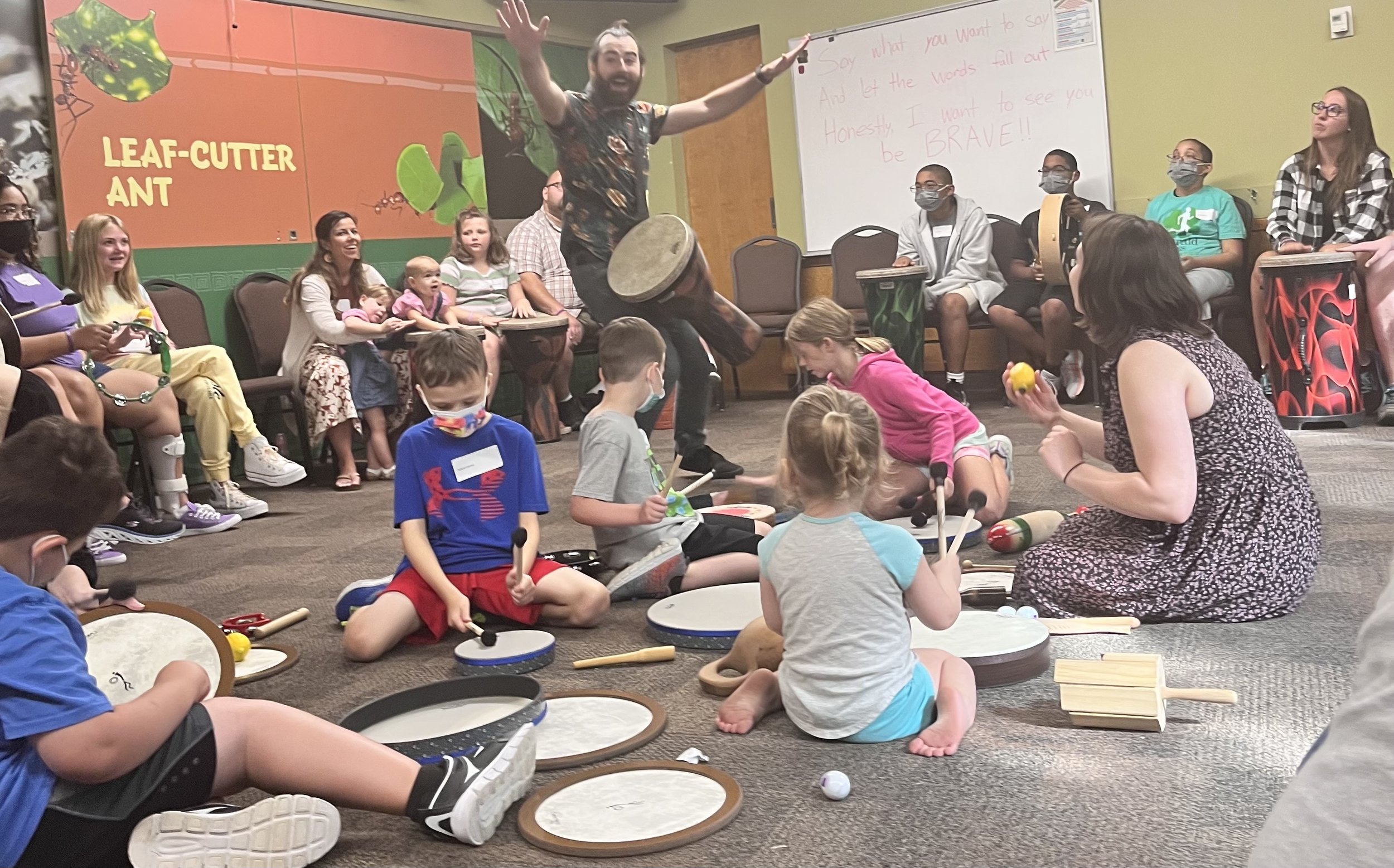Music Therapy
Music therapy is an established health profession in which music is used within a therapeutic relationship to address physical, emotional, cognitive, and social needs of individuals. Research in music therapy supports its effectiveness in many areas such as: overall physical rehabilitation and facilitating movement, increasing people's motivation to become engaged in their treatment, providing emotional support for clients and their families, and providing an outlet for expression of feelings (American Music Therapy Association, 2024).
Music Therapy in Addiction
Music Therapy is part of an integrated approach to treatment for addiction. Music therapy for substance abuse recovery is the use of music and the therapeutic relationship to promote connection to self and motivation to change while learning to navigate life in sobriety. Active music-making, as well as music listening, has been shown to activate the dopaminergic pathways in a similar manner as many illicit substances. This response may reduce cravings and improve mood. Music listening also calms the parasympathetic nervous system which facilitates relaxation and decreases anxiety (American Music Therapy Association, 2021).
The Significance of Songs
Songs are ways that human beings explore emotions. They express who we are and how we feel, they bring us closer to others, they keep us company when we are alone. They articulate our beliefs and values. As the years pass, songs bear witness to our lives. They allow us to relive the past, to examine the present, and to voice our dreams for the future. Songs weave tales of our joys and sorrows, they reveal the innermost secrets, and they express our hopes and disappointments, our fears and triumphs. They are our musical diaries, our life stories. They are the sounds of our personal development (Bruscia, 1998).
